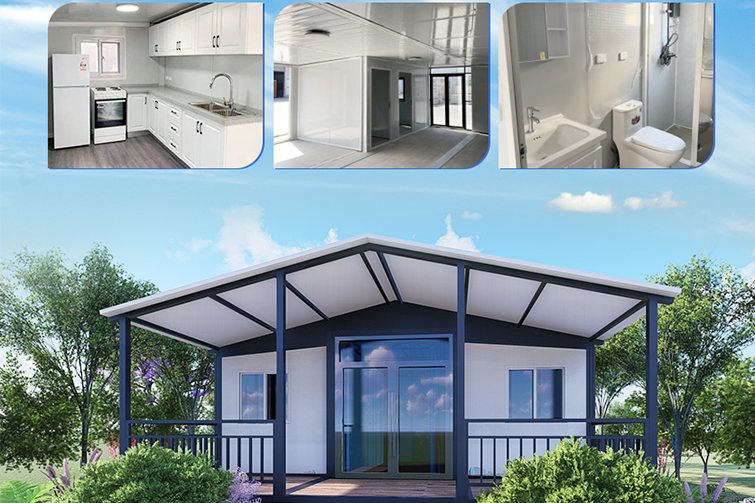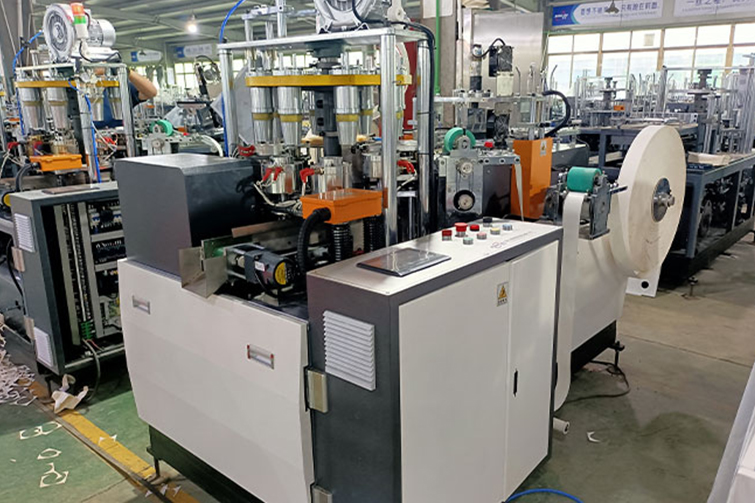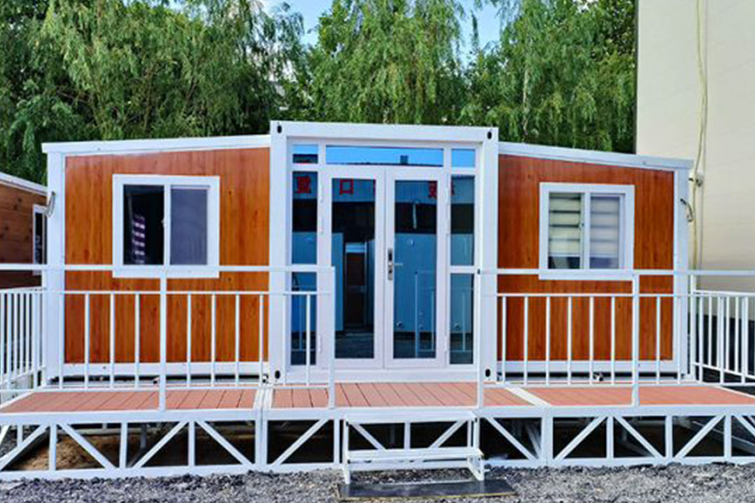

How to Choose Industrial Manufacturing Machinery
Selecting the right industrial manufacturing machinery is a crucial decision for any business involved in production. The right equipment can boost productivity, improve product quality, and enhance profitability. However, with a wide variety of options on the market, it can be challenging to determine which machinery best fits your needs. Here’s a guide to help you choose the right industrial machinery for your manufacturing operations.
1. Assess Your Production Needs
The first step in selecting the right machinery is to understand your specific production requirements. Consider the following factors:
Volume of Production: Determine the volume you plan to produce. High-capacity machines may be more costly but are essential if you’re running a high-demand production line.
Types of Products: Different machines are designed for various materials and product types. Ensure the machinery you’re considering can handle the materials, dimensions, and specifications of your products.
Flexibility: If your production line requires frequent changes, look for machinery that is flexible or modular, allowing adjustments without extensive downtime.
2. Evaluate Quality and Durability
Industrial machinery represents a significant investment, so selecting high-quality and durable equipment is essential. Look for machinery from reputable manufacturers known for their quality standards and durability. Key aspects to assess include:
Material and Build: Ensure the machine is made from durable, corrosion-resistant materials, particularly if it will be operating in harsh environments.
Certifications: Many manufacturers adhere to international quality certifications, such as ISO standards. Certifications can provide added assurance of product quality and reliability.
Warranty and After-Sales Support: Reputable manufacturers offer warranties and solid after-sales support, including maintenance, repairs, and access to spare parts.
3. Consider Automation and Technology Integration
Automation and technology have transformed industrial manufacturing, with many modern machines integrating advanced technologies that improve efficiency, precision, and consistency. Here are some aspects to consider:
Automation Features: Machinery with automation capabilities can reduce labor costs and increase output. Automated machines can handle repetitive tasks with high accuracy and speed, allowing your workforce to focus on more complex tasks.
Data Integration: Many machines today come with IoT capabilities that provide real-time data on performance, maintenance needs, and production efficiency. If data integration is important for your operations, look for machinery compatible with your data systems.
Safety Features: Modern machinery often includes advanced safety features such as emergency shut-offs, sensors, and guarding. Ensuring the equipment meets safety regulations helps protect employees and reduce liability risks.
4. Evaluate Energy Efficiency and Environmental Impact
Energy-efficient machinery can reduce operational costs and contribute to environmental sustainability. When comparing equipment, consider energy ratings and features that minimize energy consumption, such as automatic shut-off when idle. Machines designed with environmentally friendly materials and processes can also help a company reduce its carbon footprint and comply with green initiatives.
5. Review Total Cost of Ownership
Beyond the initial purchase price, the total cost of ownership (TCO) includes operational costs, maintenance, and any additional expenses over the machine's lifespan. Factors that impact TCO include:
Operating Costs: Some machines consume more power or resources. Compare energy and resource consumption across different models to estimate operating expenses accurately.
Maintenance and Downtime: Machinery that requires frequent maintenance or has a high risk of downtime can disrupt operations and incur additional costs. Choose machinery with a reputation for reliability and ease of maintenance.
Spare Parts Availability: Ensure spare parts are readily available and affordable. Long lead times or high costs for parts can inflate maintenance costs over time.
6. Check for Customization and Scalability Options
In a dynamic market, having the ability to scale production or adapt machinery to new products is a competitive advantage. Some manufacturers offer machinery with customizable features or modular components that can be upgraded as your production needs grow. This flexibility is particularly valuable in industries with evolving technologies or changing consumer demands.
7. Seek Reviews and Recommendations
Researching reviews and consulting with industry peers can provide valuable insights into the machinery’s performance in real-world applications. Talking to other businesses that have used the equipment can reveal practical aspects like durability, ease of use, and customer service quality from the manufacturer.
8. Consider the Supplier’s Reputation
Finally, choosing a reliable supplier is just as important as choosing the right machine. Look for suppliers who have a proven track record, offer transparent terms, and have a network for support and servicing. A good supplier can also advise on selecting machinery best suited to your needs and offer financing options if necessary.
Conclusion
Selecting industrial manufacturing machinery requires a detailed assessment of your production needs, equipment quality, technological capabilities, and costs. By thoroughly evaluating these aspects, you can choose machinery that not only meets your immediate production requirements but also contributes to long-term growth and efficiency. With careful planning and a clear understanding of your goals, you can make a well-informed investment in the machinery that will drive your business forward.





